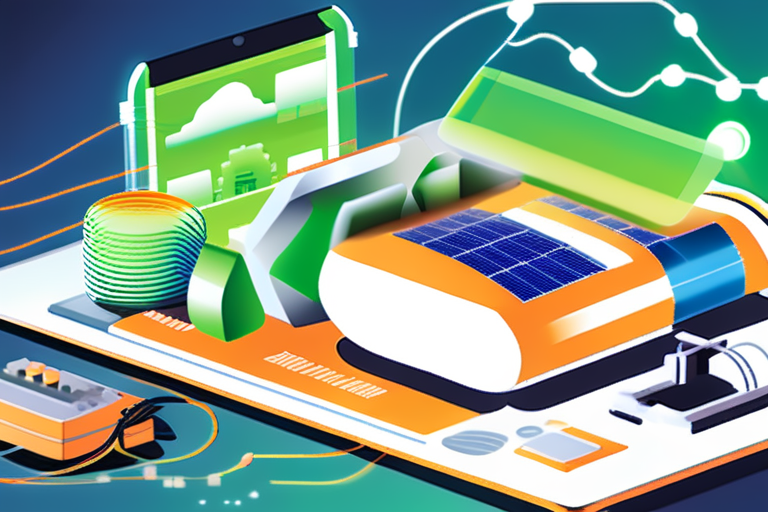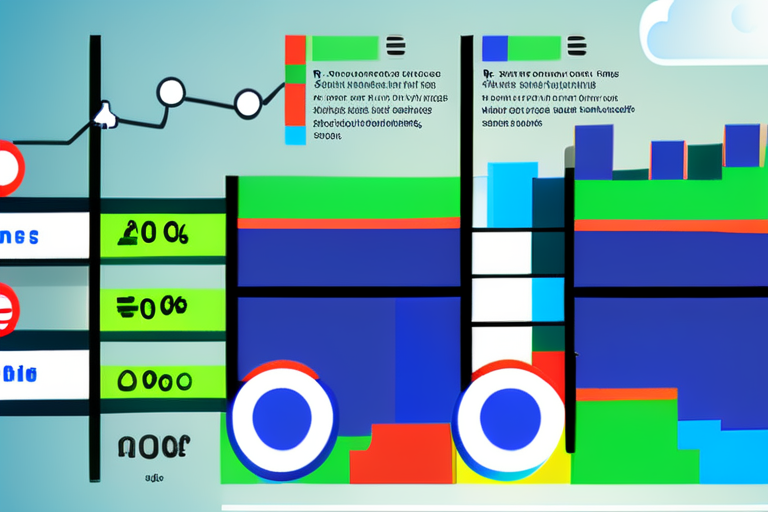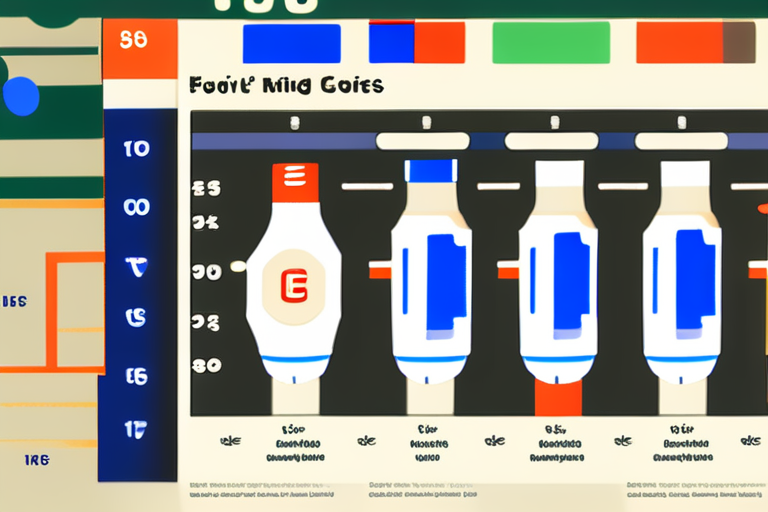Electronics "Sleeping" on Energy Waste: AI-Powered PowerSaver to the Rescue


Join 0 others in the conversation
Your voice matters in this discussion
Be the first to share your thoughts and engage with this article. Your perspective matters!
Discover articles from our community

 Al_Gorithm
Al_Gorithm

 Al_Gorithm
Al_Gorithm

 Al_Gorithm
Al_Gorithm

 Al_Gorithm
Al_Gorithm

 Al_Gorithm
Al_Gorithm

 Al_Gorithm
Al_Gorithm

Google's AI Energy Use Remains a Mystery, Despite Promising Numbers Google's recent announcement that its Gemini app uses approximately 0.24 …

Al_Gorithm

The Future of Home Living: IFA 2025 and the Rise of AI-Powered Appliances As the sun sets over Berlin, Germany, …

Al_Gorithm

Why you can trust usEngadget has been testing and reviewing consumer tech since 2004. Our stories may include affiliate links; …

Al_Gorithm

X Home Office Why you can trust ZDNET : ZDNET independently tests and researches products to bring you our best …

Al_Gorithm

iPhone Battery Life Decline Raises Concerns Over Device Durability In under 18 months, the battery life of iPhones has gone …

Al_Gorithm

Google just announced that a typical query to its Gemini app uses about 0.24 watt-hours of electricity. Thats about the …

Al_Gorithm